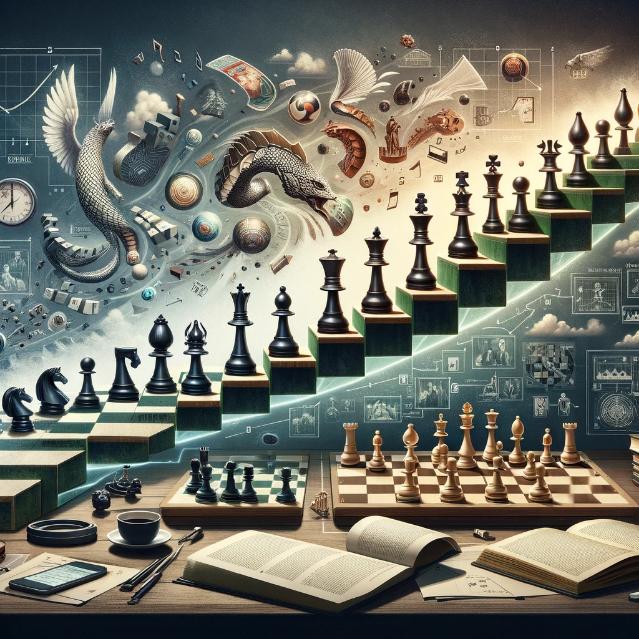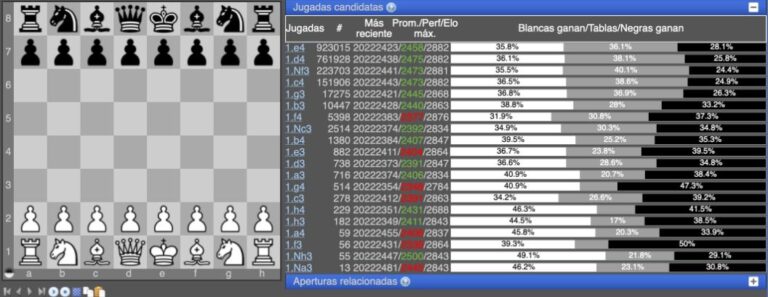Introduction
Chess is a game that requires both skill and strategy. It is a game of intense concentration, as players constantly analyze their moves and anticipate their opponent´s next move. Despite this, mistakes are inevitable in the game of chess. Often, players make a mistake without realizing the underlying strategy flaw that led to the mistake. However, chess mistakes provide valuable insights into a player´s thought process and reveal important aspects of their strategy. In this article, we will explore how chess mistakes can reveal important information about a player´s strategy and help them improve their game.
Understanding Chess Mistakes
Before delving into the connection between chess mistakes and strategy, let us first understand what exactly constitutes a mistake in chess. In general terms, a chess mistake can be defined as a move or decision that results in a disadvantage for the player making it. However, not all mistakes are made equal. Some mistakes are minor and can be easily rectified, while others are more significant and can have serious consequences.
Mistakes and Weaknesses
Chess mistakes are not random occurrences. They are often rooted in a player´s weaknesses and flaws in their strategy. For example, if a player consistently makes poor pawn structure decisions, it may indicate that they are weak in understanding how to utilize their pawns effectively in the game. Similarly, if a player frequently overlooks their opponent´s threats, it may reveal that they have a tendency to focus only on their own strategy and not give sufficient consideration to their opponent´s moves.
Recognizing Patterns in Mistakes
One of the most effective ways to improve in chess is to identify patterns in one´s mistakes. A player´s mistakes will usually fall into a pattern based on their style of play and strategic weaknesses. For instance, a player who loves attacking may make mistakes when they are forced to play a more defensive game. Similarly, a player who tends to be overly cautious in their play may make mistakes when they try to take aggressive risks. Once a player identifies patterns in their mistakes, they can work on strengthening their weaknesses and making better decisions in similar situations in the future.
Learning from Mistakes
Lastly, the most significant aspect of chess mistakes is the opportunity they provide for learning and improvement. In chess, there is a saying, “Better to lose a game than to win a bad one.” This saying emphasizes the importance of analyzing mistakes and learning from them rather than solely focusing on winning. The best chess players in the world have made countless mistakes throughout their careers, but what sets them apart is their ability to reflect on their mistakes, understand their strategic flaws, and use that knowledge to improve their game. Therefore, instead of being discouraged by mistakes, players should embrace them as crucial learning opportunities.
Conclusion
In conclusion, chess mistakes are not just blunders that can cost a game; they also offer valuable insights into a player´s strategy and weaknesses. By paying attention to their mistakes and understanding the patterns in them, players can identify and improve their strategic flaws, ultimately leading to a stronger and more effective game. As the great chess player and theorist, José Raúl Capablanca once said, “You may learn much more from a game you lose than from a game you win. You will have to lose hundreds of games before becoming a good player.” So, the next time you make a mistake in chess, instead of beating yourself up over it, take a step back, and use it as an opportunity to learn and improve your game.


